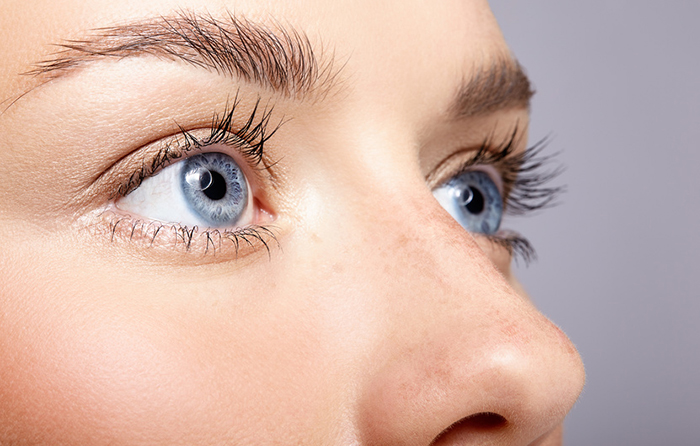September 6, 2018Press Release
Facial Plastic Surgeons Call for Reduction of Opioid Prescriptions After Rhinoplasty
Media Contact
Mass Eye and Ear Communications
communications@meei.harvard.edu
 New research suggests that the number of opioid tablets prescribed after rhinoplasty could be reduced to limit the opportunity for abuse
New research suggests that the number of opioid tablets prescribed after rhinoplasty could be reduced to limit the opportunity for abuse
Boston, Mass. — A team of surgeons at Massachusetts Eye and Ear found that, of 173 patients undergoing rhinoplasty, a common procedure performed in the facial plastic and reconstructive surgery field, only two refilled their opioid prescriptions after the procedure — with some patients not filling their initial opioid prescription at all. Published online today in JAMA Facial Plastic Surgery, these results suggest that patients experienced less pain than expected, and that the optimal number of opioid tablets to manage postoperative rhinoplasty pain may be lower than expected.
“When we looked at the number of patients who needed refills, we found this near-negligible number,” said corresponding author David A. Shaye, MD, MPH, a facial plastic and reconstructive surgeon at Mass. Eye and Ear and an instructor in otolaryngology at Harvard Medical School. “This tells us that, as a field, we’re probably overprescribing in rhinoplasty.”
The team reviewed 173 rhinoplasty cases performed at Mass. Eye and Ear over a one-year period. Of the 173 patients, 168 were prescribed opioids in addition to acetaminophen, at an average of 28 pills per patient. Refills were found to be extremely rare, with only two patients refilling, and with some patients (11.3 percent) not filling their initial opioid prescription at all. The team confirmed the refill rate by querying the Massachusetts State Registry.
“After analyzing our data, we were pleasantly surprised by the lack of opioids patients actually required after rhinoplasty, which is especially significant given the current opioid epidemic, said co-author Linda N. Lee, MD, a facial plastic and reconstructive surgeon at Mass. Eye and Ear and an instructor in otolaryngology at Harvard Medical School. “Understanding this data, we as surgeons have a duty to responsibly prescribe opioids and limit the potential for abuse, particularly for cosmetic or elective surgeries.”
A reduction in narcotic prescriptions after rhinoplasty may limit the opportunity for opioid abuse — an epidemic in the United States, where less than five percent of the world’s population consumes two-thirds of the world’s opioid supply. Opioid-related deaths have increased by 200 percent since 2000. Studies show that nearly 60 percent of adults in the United States have leftover opioids in their homes.
As a result of their findings, the authors have reduced the number of opioid tablets they prescribe to patients by at least 50 percent.
In addition to Drs. Shaye and Lee, authors on the JAMA Facial Plastic Surgery letter include Rosh K. V. Sethi, MD, Olivia E. Quatela and Kayla G. Richburg, of Massachusetts Eye and Ear/Harvard Medical School.
About Massachusetts Eye and Ear
Massachusetts Eye and Ear, founded in 1824, is an international center for treatment and research and a teaching hospital of Harvard Medical School. Specializing in ophthalmology (eye care) and otolaryngology-head and neck surgery (ear, nose and throat care), Mass. Eye and Ear clinicians provide care ranging from the routine to the very complex. Also home to the world's largest community of hearing and vision researchers, Mass. Eye and Ear has pioneered new treatments for blindness, deafness and diseases of the head and neck. Our scientists are driven by a mission to discover the basic biology underlying these conditions and to develop new treatments and cures. In the 2018-2019 "Best Hospitals Survey," U.S. News & World Report ranked Mass. Eye and Ear #4 in the nation for eye care and #6 for ear, nose and throat care. For more information about life-changing care and research at Mass. Eye and Ear, please visit our blog, Focus, and follow us on Twitter and Facebook.

